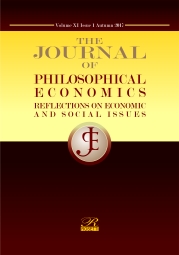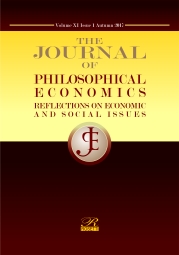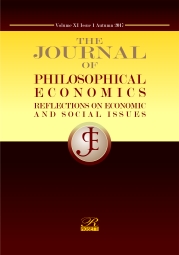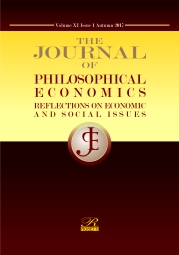Author(s): Eric Wilson / Language(s): English
Issue: 1/2010
This essay discusses the historical and textual representations of piracy in the writings of Hugo Grotius, primarily De Indis/De iure praedae (1603-1608) and the Commentarius in Theses XI (c. 1600). Contrary to popular belief, Grotius, in stark contrast to Jean Bodin, was not an advocate of the constitutionally homogenous Nation-State. Rather, his central concept of divisible sovereignty, the lynchpin of the constitutional theory of his early writings, unambiguously presents us with the object of the heterogeneous State. In Grotian theory, the State may be “read” as a composite construction, with a residual degree of inalienable sovereignty accruing at each unit-level. Even if only unconsciously, Grotius describes a concurrent para-political sub-division of the state between institutional Government (the “magistrates”) and civil society, one that constitutes an operational system of governance within the Nation-State. Like his contemporary Johannes Althusius, Grotius’ theory allows for the emergence of a wholly “private,” albeit lawful, mode of authority. This is most apparent in Grotius’ treatment of the mercantile trading Company and its Privateering operations. The corporatist theory of sovereignty permits the Company’s private agents of violence, the legally ambivalent Privateer/Pirate, to be invested with a requisite degree of sovereignty. The Grotian theory of divisible sovereignty, investing the seventeenth-century Pirate band with legal personality, serves as a vital historical precursor to the quasi-statist (trans-) national criminal cartels of the twenty-first century. The Grotian Pirate/Privateer/Just Avenger, therefore, is a “nomad”: a liminal entity that simultaneously transverses both geographical and juro-political spaces, rendering him or herself in-determinable.
More...




